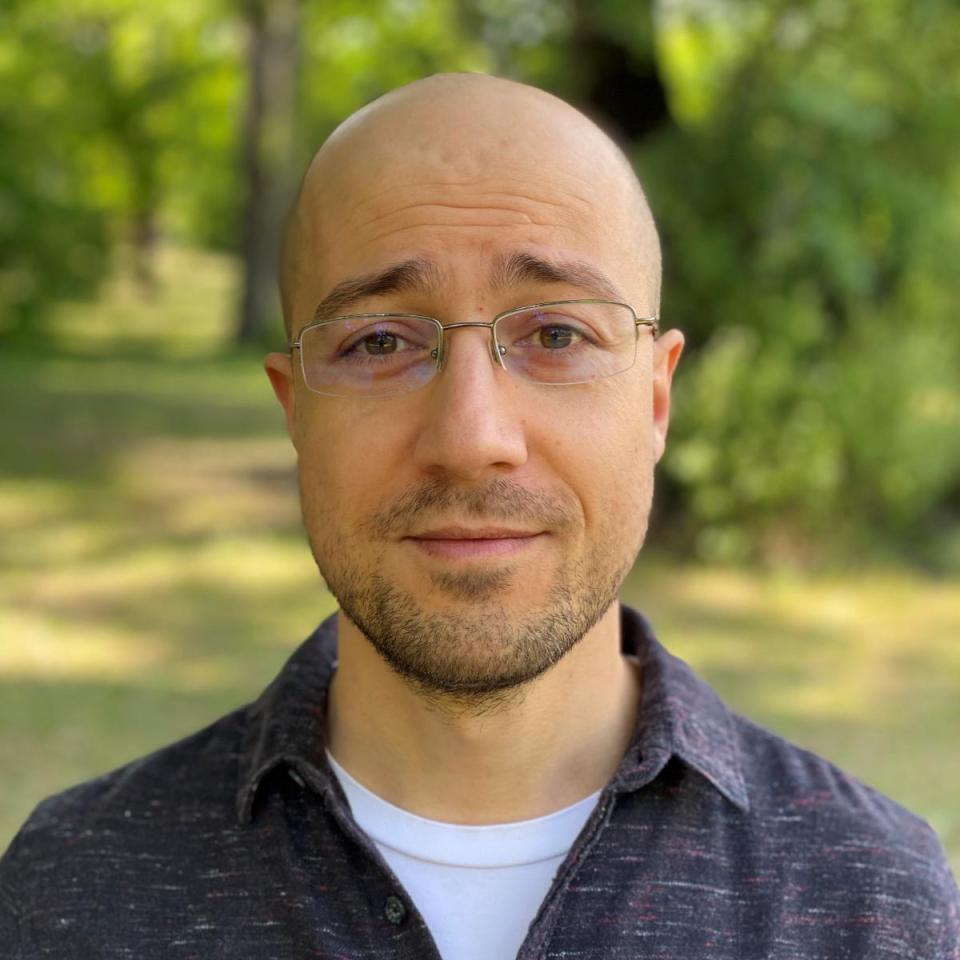Szabolcs László
My research focuses on the transnational history of the Kodály-method for teaching music in Hungary and the US during the 1960s-70s. Starting from the credo: “Music should belong to everyone!”, the Hungarian composer and musicologist Zoltán Kodály (1882-1967) conceived of a novel approach to music education and ignited an international movement to reform the field. Kodály’s utopian vision was to democratize the access to and the experience of music through achieving universal musical literacy. Music teaching based on his ideas was implemented in Hungary after 1945, eventually generating worldwide attention by the 1960s, especially among pedagogues in the US. In my work, I examine how the collaboration of Hungarian and American women music teachers across the Iron Curtain produced an identifiable global brand for the Kodály-method. Based on archival research in these two countries, I plan to write a monograph that will tell the story of how the method was promoted to an international audience. The book will explore this rare example of an East-to-West transfer, examining how its adaptation in the US changed both the American and Hungarian music education scene.

